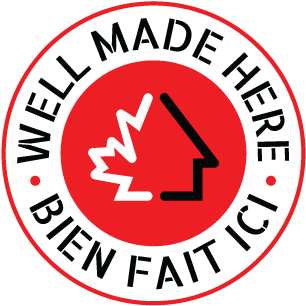News

Canada’s fastest athlete, Audrey Leduc, who has agreed to be the ambassador of the “Well Made Here” program, is making more and more headlines in the media on the eve of her departure for the Paris Olympic Games.

Renin Canada and its two factories, one in Brampton, Ontario, and the other in East Montreal, Quebec, have just joined “Well Made Here”.

As President and CEO of Well Made Here, I was recently invited to the closing panel of a symposium organized by the University of Ottawa on the topic of: “Competition Policy in the 21st Century: Charting a Path Forward for Canada”.

This morning, the Chief Executive Officer of “Well Made Here” (WMH) penned a letter to the Canadian Minister of Labour and Seniors regarding Bill C-58, which pertains to labor relations in federal enterprises. Mr. Darveau beseeches the Honourable Seamus O’Regan to designate ports, railways, and customs services as essential services due to the societal repercussions incurred when the operations of these infrastructures are halted by a strike or lockout.
Audrey Leduc, Canadian record holder in both the 100m and 200m, and triple qualifier for the upcoming Olympic Games as a member of the 4x100m relay team, has agreed to become a Brand Ambassador for “Well Made Here.”


